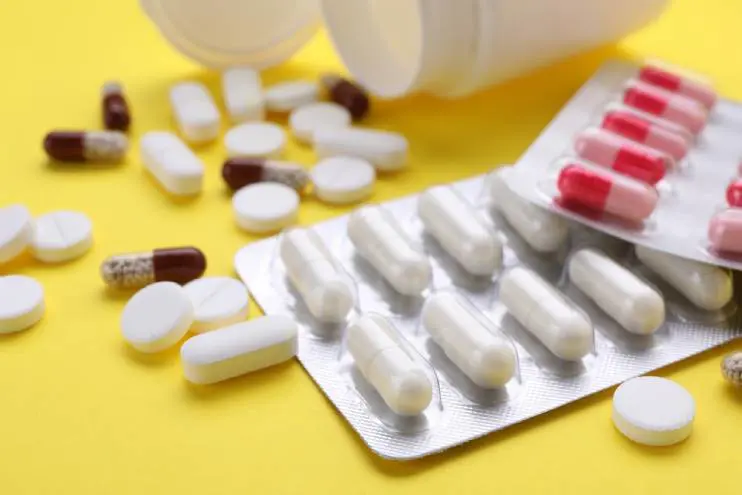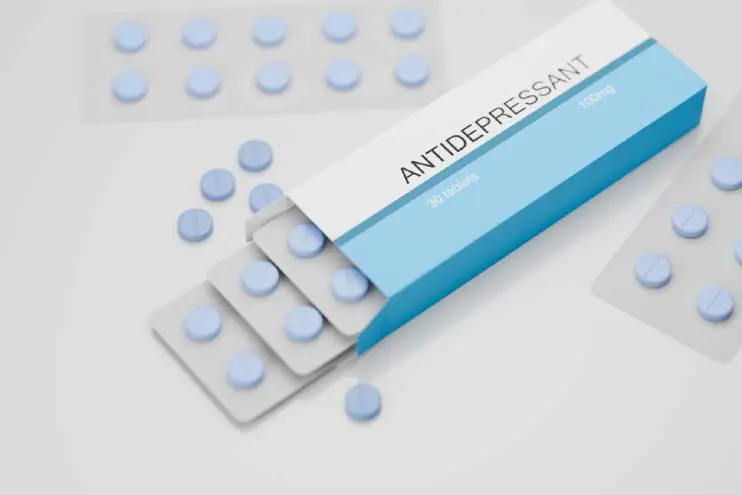Depression is a mental health condition that affects millions of people worldwide, and its impact can be profound, influencing everything from daily functioning to overall quality of life. Fortunately, with advancements in mental health care, there are effective treatments available, one of the most common being antidepressants. At Ahmedabad Psychiatry Clinic in Ahmedabad, India, Dr. Gopal Bhatia, a specialist in mental health and depression recovery, provides comprehensive care for individuals struggling with depression. This article explores how antidepressants can aid in depression recovery, highlighting the role of medication, therapy, and the expertise offered by Dr. Gopal Bhatia and the clinic.
Understanding Depression
Depression is more than just feeling sad or having a rough day. It’s a serious medical condition that affects a person’s emotions, thoughts, behavior, and physical well-being. Symptoms can include persistent sadness, fatigue, feelings of hopelessness, difficulty concentrating, and even physical aches and pains. If left untreated, depression can lead to severe consequences, such as impaired functioning in work, relationships, and daily activities.
The causes of depression are complex and can vary. Factors like genetics, brain chemistry, environmental stressors, trauma, and imbalances in neurotransmitters can contribute to the onset of depression. Thankfully, with proper treatment, individuals can recover and regain control over their lives.
Antidepressants: A Key Component in Depression Recovery

Antidepressants are the most commonly prescribed medications for individuals experiencing depression. These medications work by targeting neurotransmitters in the brain—chemicals that help regulate mood, emotions, and behavior. The primary neurotransmitters involved in depression are serotonin, norepinephrine, and dopamine. By increasing the levels of these neurotransmitters, antidepressants can help restore balance in the brain and alleviate the symptoms of depression.
At Ahmedabad Psychiatry Clinic, Dr. Gopal Bhatia specializes in diagnosing and treating depression with the most appropriate interventions, including antidepressant medication. Let’s dive into the key types of antidepressants and how they work in depression recovery.
Types of Antidepressants and Their Function
- Selective Serotonin Reuptake Inhibitors (SSRIs)
SSRIs are the most commonly prescribed class of antidepressants. They work by increasing the level of serotonin in the brain, which plays a significant role in mood regulation. SSRIs include medications like fluoxetine (Prozac), sertraline (Zoloft), and escitalopram (Lexapro). These medications tend to have fewer side effects compared to older antidepressants, making them a popular choice for treatment at Ahmedabad Psychiatry Clinic. - Serotonin-Norepinephrine Reuptake Inhibitors (SNRIs)
SNRIs, such as venlafaxine (Effexor) and duloxetine (Cymbalta), increase the levels of both serotonin and norepinephrine in the brain. These medications are often used when SSRIs are not effective, as they can provide additional support for managing depression. - Tricyclic Antidepressants (TCAs)
Tricyclic antidepressants are an older class of antidepressants that are effective in treating depression but may come with more side effects. Medications like amitriptyline and nortriptyline fall under this category. While less commonly prescribed today, they can be highly effective for individuals who do not respond well to SSRIs or SNRIs. - Monoamine Oxidase Inhibitors (MAOIs)
MAOIs are another class of antidepressants that work by inhibiting the enzyme monoamine oxidase, which breaks down serotonin, dopamine, and norepinephrine. While effective, they come with dietary restrictions due to the risk of dangerous interactions with certain foods and drinks. Medications like phenelzine (Nardil) and tranylcypromine (Parnate) belong to this group. - Atypical Antidepressants
Atypical antidepressants, including bupropion (Wellbutrin) and mirtazapine (Remeron), work in various ways to help regulate mood and alleviate depressive symptoms. These medications may be prescribed when other types of antidepressants are ineffective or unsuitable for a particular individual.
The Role of Dr. Gopal Bhatia in Depression Treatment
Dr. Gopal Bhatia, a highly experienced psychiatrist at Ahmedabad Psychiatry Clinic, is dedicated to offering personalized treatment plans for individuals struggling with depression. His expertise allows him to tailor antidepressant therapy based on the specific needs of each patient. Dr. Bhatia understands that depression recovery is not one-size-fits-all, which is why he takes a comprehensive approach to treatment. This includes:
- Thorough Diagnosis: Dr. Bhatia conducts a detailed evaluation of each patient’s symptoms, medical history, and any potential underlying conditions to determine the most appropriate treatment.
- Individualized Treatment Plans: Depression can manifest in many different ways, so Dr. Bhatia ensures that each patient receives a treatment plan that aligns with their specific needs and goals. This may include a combination of antidepressants, psychotherapy, lifestyle changes, and other interventions.
- Ongoing Support: Dr. Bhatia provides continuous monitoring and support, ensuring that patients’ antidepressant medications are working effectively and that any side effects are managed. He works closely with patients to adjust treatment as necessary, ensuring the best possible outcomes.
The Importance of Professional Guidance

While antidepressants can be an essential part of depression recovery, they are most effective when used in conjunction with other treatments such as psychotherapy, lifestyle changes, and support systems. Dr. Gopal Bhatia emphasizes the importance of a holistic approach to mental health treatment. Patients at Ahmedabad Psychiatry Clinic benefit from access to a team of mental health professionals who can offer psychotherapy, counseling, and cognitive behavioral therapy (CBT) to address the psychological aspects of depression.
Additionally, lifestyle changes such as regular exercise, a balanced diet, and effective stress management techniques can complement the effects of antidepressants and promote long-term recovery. Dr. Bhatia works closely with patients to help them adopt healthy habits that support their mental well-being.
The Recovery Process: What to Expect?
Recovery from depression is a gradual process, and the path to feeling better may involve trial and error with antidepressant medications to find the right fit. It is important for patients to be patient with themselves and trust in the expertise of Dr. Gopal Bhatia at Ahmedabad Psychiatry Clinic.
Here’s what patients can typically expect during depression recovery with the help of antidepressants:
- Initial Adjustment Period: It may take a few weeks for antidepressants to start showing their full effects. During this time, patients may experience some side effects as their bodies adjust to the medication. Dr. Bhatia ensures that patients are monitored closely during this phase to address any concerns.
- Ongoing Monitoring: Regular follow-up appointments are crucial to ensure that the medication is working effectively and to make adjustments if necessary. Dr. Bhatia is committed to providing continuous support throughout the recovery process.
- Emotional and Physical Improvement: As antidepressants take effect, patients often begin to notice improvements in mood, energy levels, and overall well-being. This can help them regain a sense of normalcy and joy in daily life.
- Long-Term Recovery: Once depression symptoms are under control, Dr. Bhatia may recommend ongoing therapy or medication to maintain stability and prevent relapse. Patients are encouraged to continue with healthy lifestyle habits to support long-term mental health.
Conclusion
Depression recovery is possible, and antidepressants play a crucial role in helping individuals regain control of their lives. At Ahmedabad Psychiatry Clinic in Ahmedabad, Dr. Gopal Bhatia offers personalized care for patients struggling with depression, utilizing the latest antidepressant therapies and combining them with other effective treatments. If you or a loved one is struggling with depression, seeking professional help is the first step toward healing. Contact Ahmedabad Psychiatry Clinic today to schedule a consultation and begin your journey to recovery.


